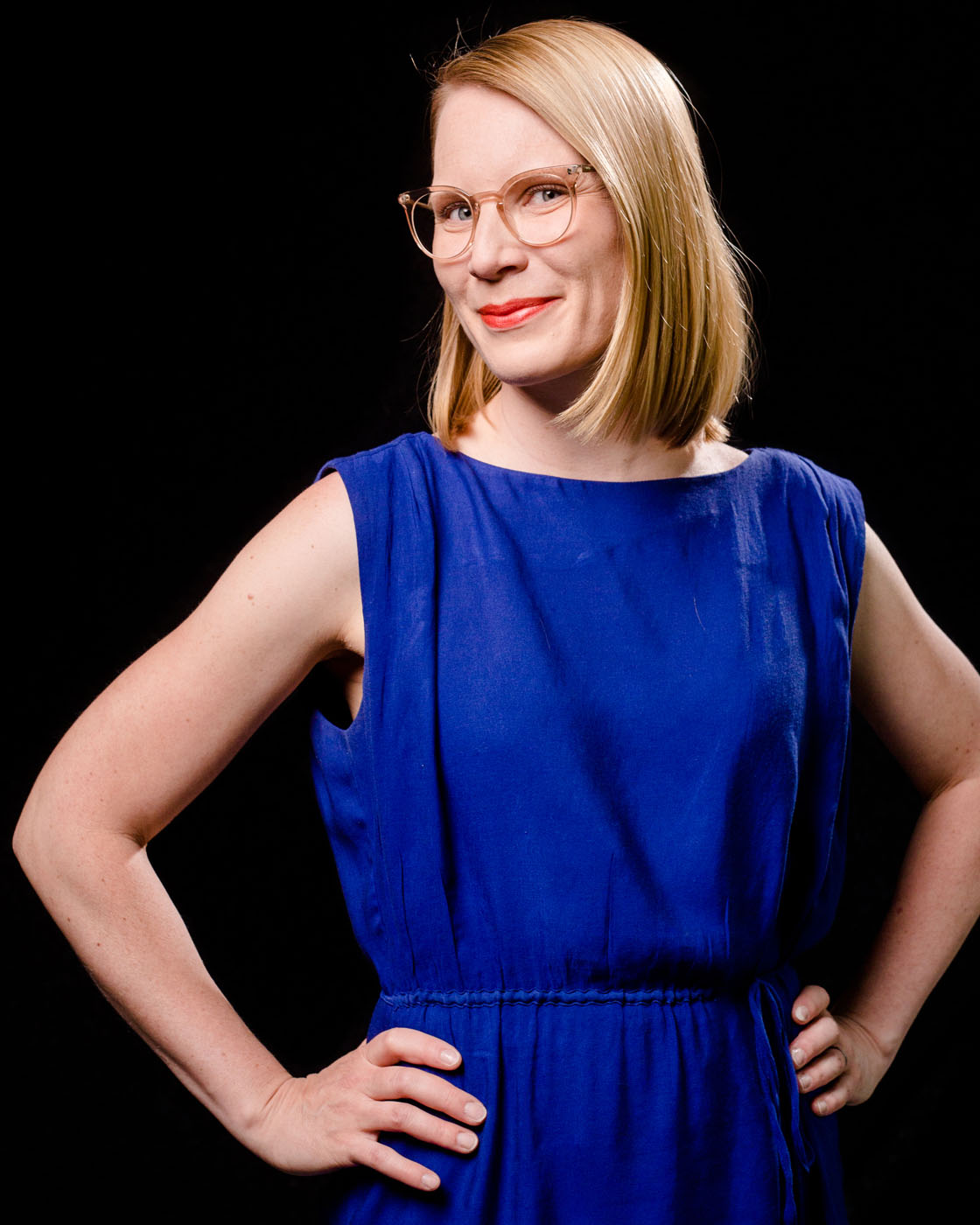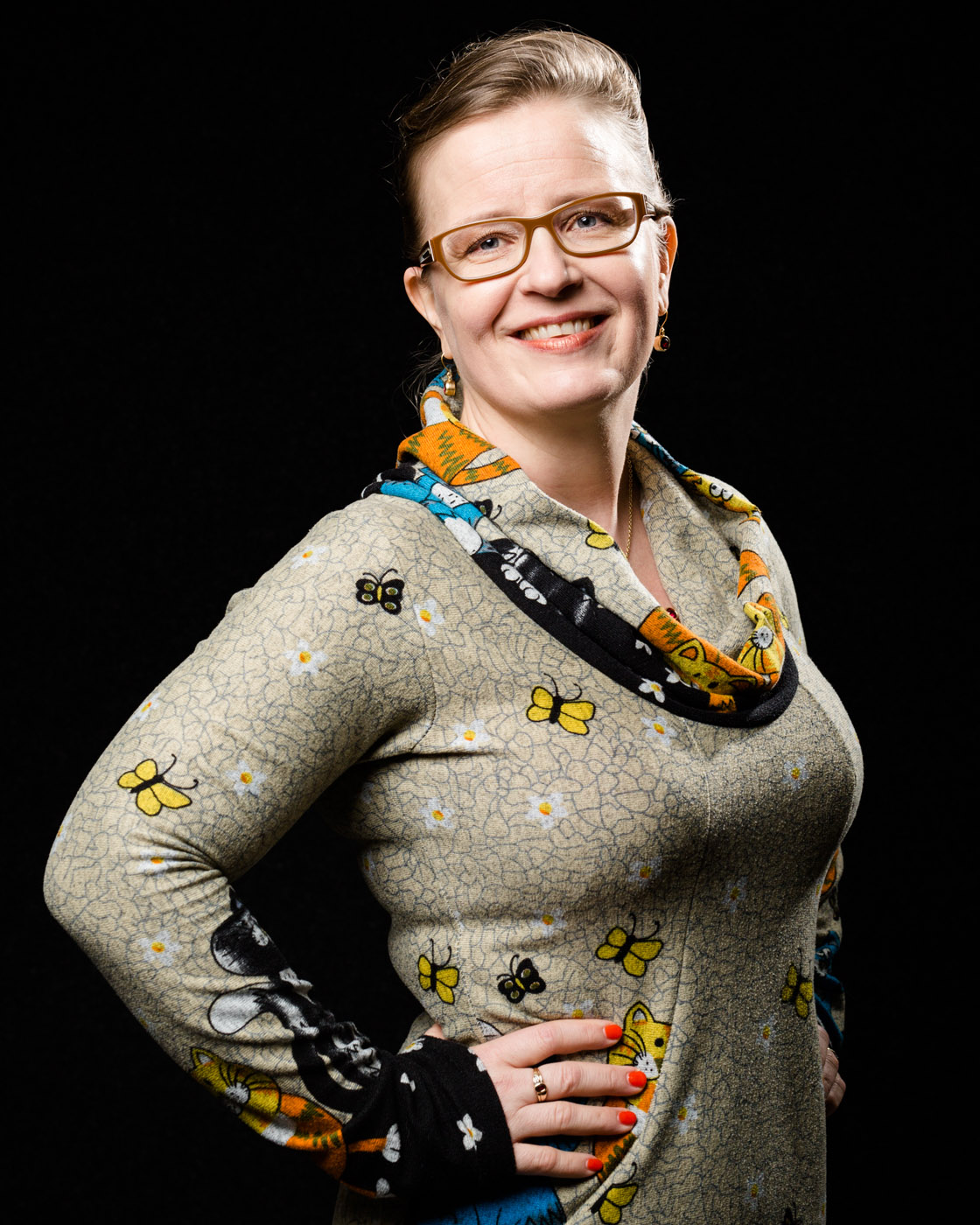E-college for regenerative farming
Regenerative farming helps the climate, nature and the farmer. The e-college offers a high-quality, research-based online course that provides farmers with the necessary information and skills for trying out regenerative farming in practice. The course was launched in February 2021 (in Finnish and Swedish).
Soil plays an important role in the mitigation of climate warming and
biodiversity
Biodiversity
The diversity of wildlife that safeguards the preconditions for life on Earth.
Open term page
Biodiversity
loss. Healthy soil sequesters more carbon and gives a home to countless animal, plant and fungus species as well as to microbes that maintain soil fertility, for example. On the other hand, soil degradation poses a serious threat to food production, biodiversity and the achievement of climate goals.
Regenerative farming regenerates soil with the aid of versatile crop rotation and continuous plant cover, among other things. Regenerative farming methods:
- improve crops;
- enhance the carbon sequestration capacity of soil, its water retention capacity and nutrient circulation;
- increase biodiversity;
- support the adaptability and resilience of field ecosystems.
The e-college for regenerative farming (link content in Finnish) provides farmers and others interested in the topic with a comprehensive overview of regenerative farming and its main methods.
What are we doing?
Sitra was supporting the online training project carried out in 2020 and 2021, with the first parts of the actual online course published in February 2021 in Finnish and Swedish. The course participants are already able to apply the regenerative farming lessons learned in the coming growing season.
The online course on regenerative farming provides farmers with the information they need to start regenerative farming. At the same time, it offers a compact package of information to anyone who may wish to understand how food can be produced more sustainably. In addition to theory, the course includes many practical examples and exercises.
The online course content is based on objective scientific research, which forms the absolute foundation of this project.
Who is involved?
The e-college for regenerative farming is the result of the joint efforts of numerous parties. The project is executed by the strategy, design and technology company Reaktor and The Baltic Sea Action Group (BSAG). In addition to Sitra, the launch of the e-college is supported by a wide range of organisations within the food chain: the dairy and food company Valio; the bakery and catering company Fazer; the Central Union of Agricultural Producers and Forest Owners (MTK) and its Swedish-language counterpart Svenska lantbruksproducenternas centralförbund SLC; the retail and service company chain S Group; the European Green Capital 2021 Lahti; the food company Atria; the agricultural advisor organisation ProAgria; and Scandinavia’s largest malting company Viking Malt.
The e-college for regenerative farming is linked to the Carbon Action platform, launched by BSAG, in which scientific research is co-ordinated by the Finnish Meteorological Institute. Practical development work is carried out on hundreds of Finnish farms. Activities were piloted with Sitra funding between 2017 and 2019.
Where are we now?
The project started in 2020 with the preparation of the course content. The first two modules of the online course were published on 9 February 2021 in Finnish and Swedish. Sitra’s part in the project finished at the end of 2021.
What has been achieved?
The project has evoked a lot of interest among both farmers and non-farmers. By mid-December 2020, 200 participants had already submitted their advance registrations for the online course. In autumn 2023, the Swedish content of the course was published in Sweden on the Svensk Kolinlagring platform.
Schedule for 2021
How can I get involved?
You can submit your registration at www.uudistavaviljely.fi. Please note that the course is available only in Finnish and Swedish.




What is it about?